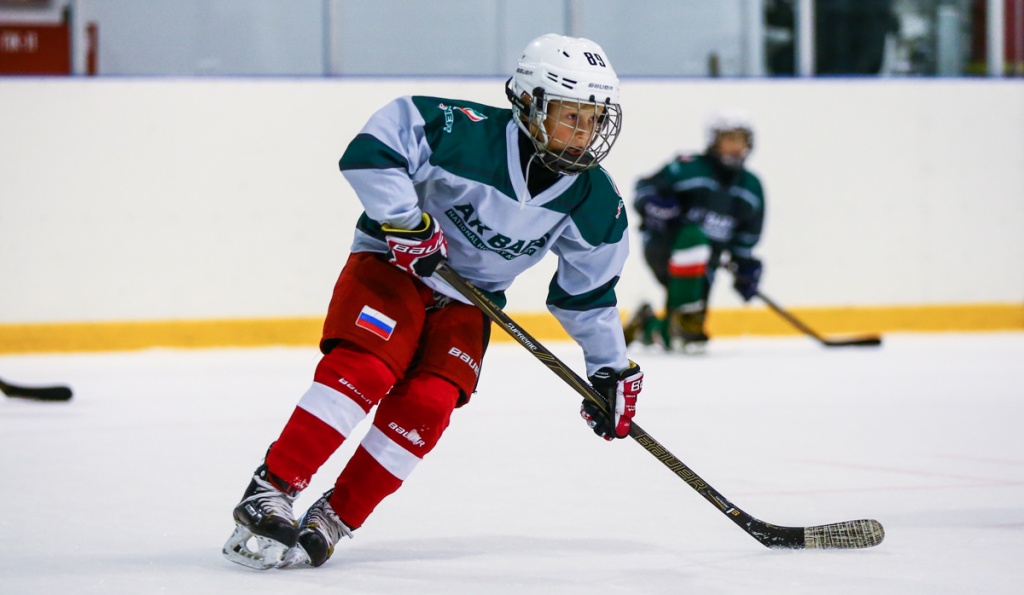Intelligence of a Hockey Player is Half the Victory

Game intelligence is one of the most important attributes of an individual tactical skill of a hockey player. The invariable signs of high game intelligence are a well-developed memory, game thinking, logic, i.e. cognitive abilities. Game intelligence determines the stability of a hockey player. A sportsman with weak game intelligence can brilliantly show himself during one game but will be completely lackluster during the following ones. It is a common opinion in the hockey environment that the level of game intelligence distinguishes the great player from the good one.
The game intelligence in hockey is a player's ability to see the situation on the rink, to locate partners and opposing players and monitor their actions, to analyse the situation, to predict its development and on this basis make the right decisions about the implementation of one or other technical-and-tactical action.
It is important to understand that intelligence is not an innate quality, but an acquired one. An important role in the formation of the young hockey player's game intelligence belongs to the coach.
In the course of properly organized training sessions the child learns:
-
to think and make decisions under severe time constraints;
-
to orient "all-around" the rink, to link situations with no apparent similarity;
-
to see several elements of the game situation at once;
-
to predict the development of the situation;
-
to be able to choose correctly between several solutions quite close to each other on the basis of the analysis of previous experience, assessment of the situation and predictions;
-
to keep in mind a large number of options for solving tactical and technical problems;
-
to change solutions focusing on changes in the game environment.
One of the signs of a developed game intelligence is the ability to transform very quickly. Hockey is a team game, but it is based on individual actions. The player who controls the puck sets the tone of the attack, the other partners assist. The roles change in a moment. A hockey player must be able to transform as an actor doing what the opposing player least expects: today he plays a "tight-checking" game, tomorrow - a high-speed game; in one match he imposes a technical battle, in another performs checking actions, etc.
An important component of game intelligence is the ability to prioritize and not be influenced by confounding factors. Some of them may be domestic factors (for example, a quarrel with a friend or an upcoming test) and game factors (e.g., foul play of the opposing team). A sportsman should be able to concentrate single-mindedly on the coaching plan by focusing only on the coach requirements without being distracted by external factors. It is worth mentioning that all these actions should be carried out in extremely limited time conditions.
To become a professional hockey player a child should be taught to think first. It is not so important for a child to be a good skater, or to take strong and accurate shots, as long all his actions do make sense.
Thus, despite the importance of the physical abilities of the child his future in professional hockey largely depends upon the level of his intelligence development.




